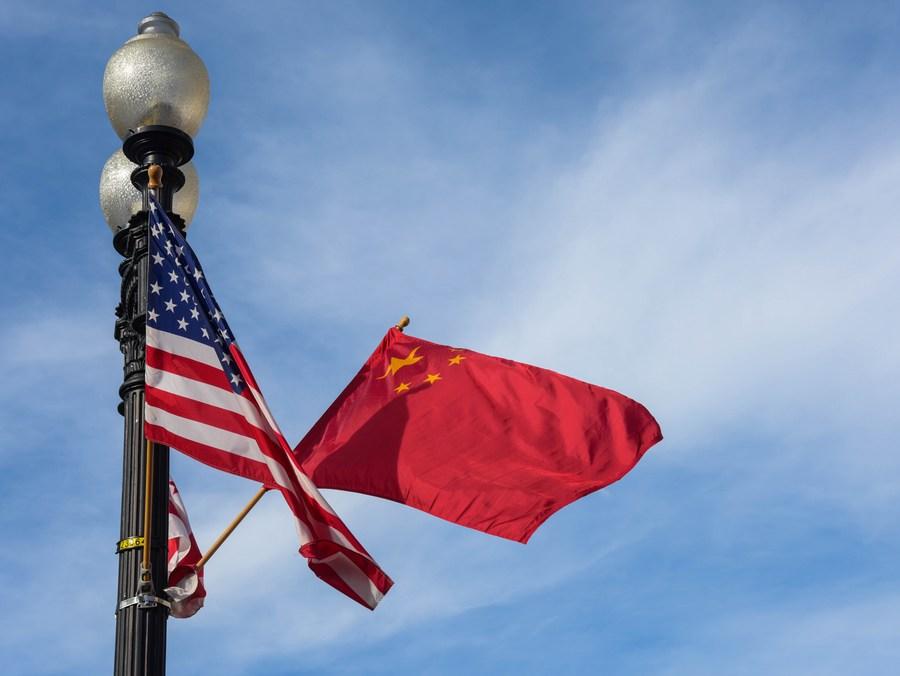
[Photo/Xinhua]
This is an editorial from China Daily.
For decades, relations between China and the United States have to a great extent remained generally stable thanks to the US abiding by the one-China policy.
That, coupled with conscious strategic restraint on both sides of the Pacific, has been instrumental to the healthy growth of bilateral ties.
The days of generally constructive interactions between the two sides seem to be over, however, as Washington's so-called strategic ambiguity has been replaced by a toughening approach to China-US relations, especially to the matter of Taiwan.
China hawks from the US government and Congress may find comfort in the development, which appears to serve them well politically at the moment. But the increasing clarity that is being added to the volatile China-US relationship — the clear message that Washington will stand behind Taipei against the Chinese mainland whatever foolishness Taipei may come up with — could prove disastrous for all stakeholding parties.
For its claim of commitment to regional and global peace, especially peace across the Taiwan Straits, Washington needs a clearer head about the possible consequences of what it is doing, and to think twice about what to do next. The National Defense Authorization Act of 2023, which US President Joe Biden signed into law Friday, is a regrettable misstep that may unleash damaging potential going forward.
Beijing has condemned the act, warning of serious repercussions. Being fully aware of the dangerous potentials of Washington's recent moves regarding Taiwan, it has always appealed for prudence and restraint on the part of Washington, constantly warning it against breaking "redlines". But such statements have mostly met deaf ears in the past, and there is no reason to think that Washington will pay any greater heed to Beijing's concerns this time.
Yet the NDAA is dangerous in that it lends a legislative boost to US arms sales to Taiwan. It is a move Beijing vehemently opposes, as it is gross interference in China's domestic affairs. Not to mention that, in addition to the $10-billion US financial commitment to arming Taiwan, it contains various other measures that clearly position China as a de facto security threat. Such clauses point to substantial changes that threaten to redefine the bilateral relationship, further reducing the room for possible improvement.
Washington has been vocal about installing "guardrails" for the China-US ties, saying both parties should be serious about the matter. But what it has just done with the NDAA, however, seems to contradict its "guardrails" rhetoric. Instead of installing "guardrails", it is actually demolishing those that are already in place and which have been effective for decades in preventing relations from derailing.
As China's Foreign Ministry said, the US is moving even further down a wrong and dangerous path with the act, which contains a large number of provisions that seriously violate the one-China principle and the stipulations in the three China-US Joint Communiques. "The guardrails" the administration speaks of are evident to all: Washington should abandon its Cold-War and zero-sum mentality and ideological bias, adopt an objective and rational view of China's development and stop trying to use Taiwan to contain the mainland.

 中文
中文



